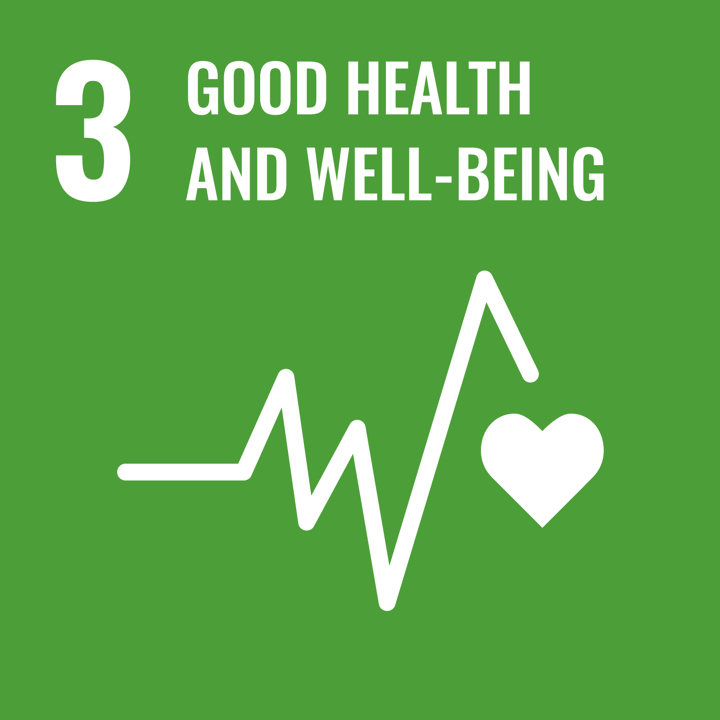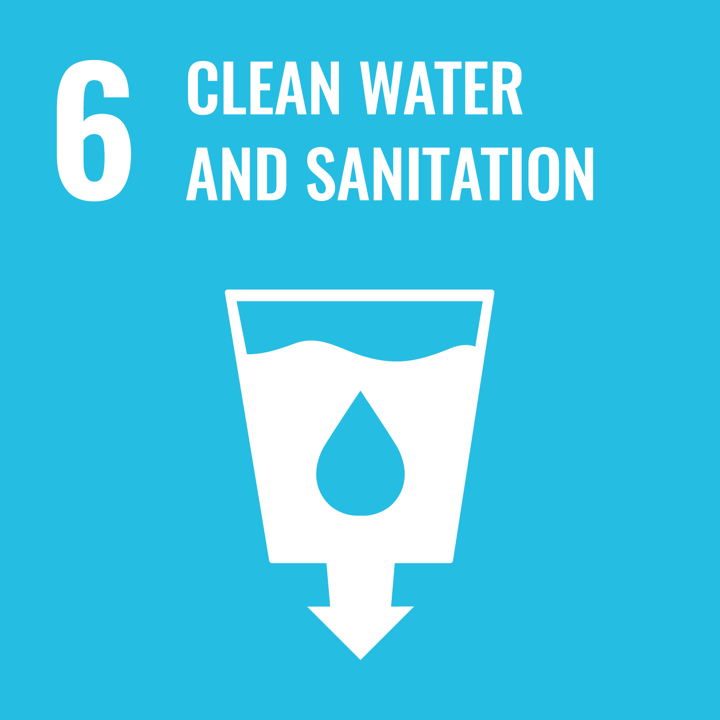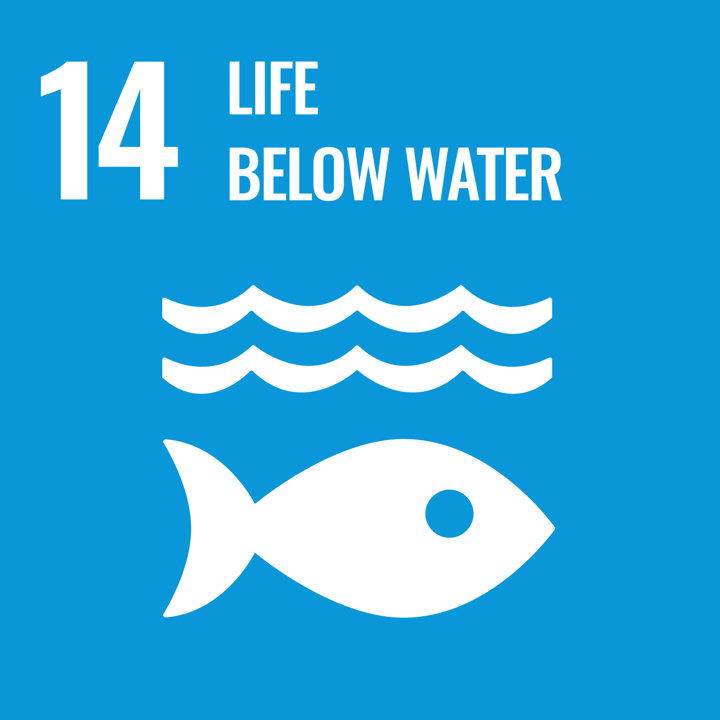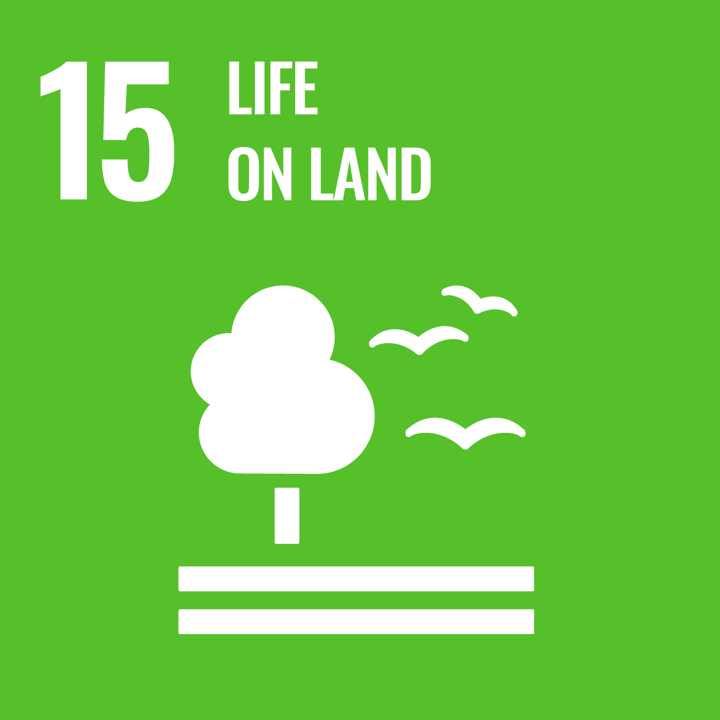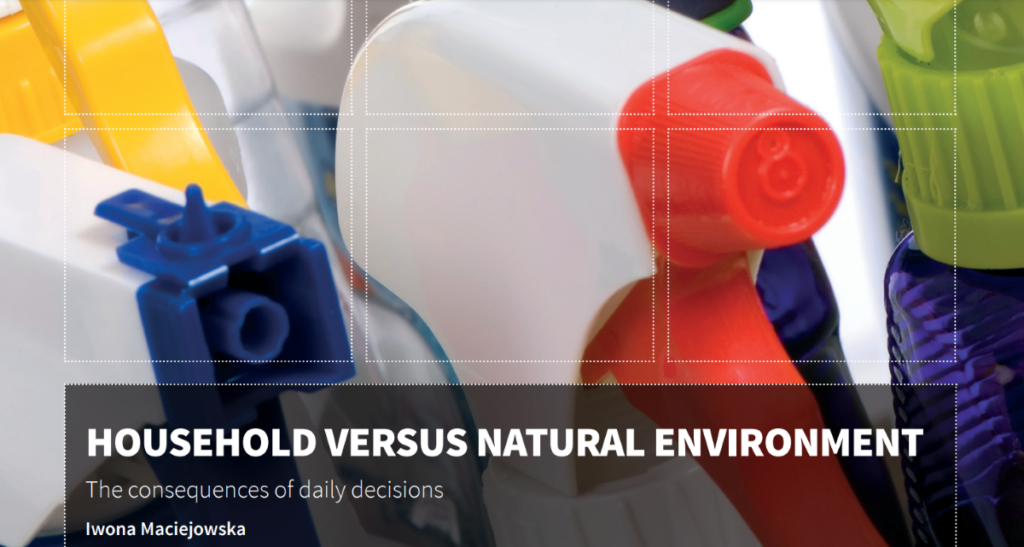
Beoogde eindgebruiker: Leraar
Leeftijdsgroep: Lager secundair; Hoger secundair
Schoolcurriculum: Science; Social & Environment Science
Thema's en onderwerpen: Behaviour & Lifestyle; Environmental Change; Food and Agriculture; Pedagogy Approaches
Duur: 1-Hour Lesson X 2
Type bron: Assessment, Experiment, Lesson Plans
Trefwoorden: Water quality, Ecotoxicity, Household chemical, Inquiry Based Learning, Assessment
Talen: Engels
Beschrijving
The Household versus natural environment Strategies for Assessment of Inquiry Learning in Science (SAILS) inquiry and assessment unit focuses on the environmental implications of the use of cleaning agents. Students investigate the growth of cress in various conditions, allowing them to determine the impact of commonly used household chemicals on the environment. Students assess the consequences of daily decisions taken in their homes and thus develop a sense of responsibility for the actions they take. This unit is recommended for implementation at both lower and upper second level, as a guided or open inquiry conducted over two lesson periods.
This inquiry and assessment unit is part of series inquiry based learning units covering topics from biology, chemistry and physics. They show how evidence of student learning can be collected and evaluated using a variety of methods such as classroom dialogue, teacher observation, presentations, peer-assessment, self-assessment, student artefacts, and use of assessment rubrics.
Hoe gebruik je deze bron
The resource starts with a proposed exploration of students’ prior knowledge of the effects of cleaning agents and detergents on the natural environment. Concepts such as Ecotoxicity are introduced and everyday household habits are reflected upon.
The open or guided inquiry-based learning approach set out to investigate the impact of household cleaning agents and detergents on the natural environment. Assessment strategies and rubrics facilitate the assessment of student learning including teacher observation, student artefacts and self-assessment.
The SAILS Project focuses on assessing student inquiry learning in science, providing a range of assessment strategies and accompanying rubrics that Synapses participants can adapt.
De middelen
SAILs Household Vs Natural Environment PDF:
The SAILS Project website and additional Inquiry-Based Learning and assessment resources can be accessed here:
Learning Outcomes (Teachers)
- Eliciteren van voorkennis en verder ontwikkelen van kennis en begrip van de belangrijkste concepten van Duurzaam Burgerschap, waarbij gevestigde wereldbeelden en waarden in twijfel worden getrokken.
- een reeks geschikte hulpmiddelen en kaders toepassen om duurzaam burgerschap bij studenten te bevorderen
- Beoordelingscriteria ontwikkelen en toepassen om Duurzaamheidsburgerschap bij studenten te evalueren.
Groene competenties
- Duurzame waarden belichamen: Valuing Sustainability; Promoting Nature
- Complexiteit omarmen in duurzaamheid: Systeemdenken; Probleemkader
- Duurzame toekomstvisies: Onderzoekend denken
- Handelen voor duurzaamheid: Individueel initiatief
Creative Commons
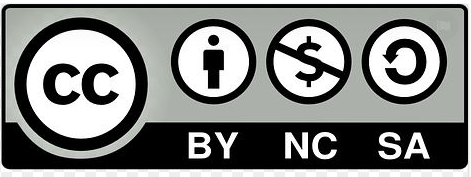
The SAILs Household Vs Natural Environment was created by the SAILS Erasmus+ Project team, Coordinated by DCU’s CASTel Research Centre. It is shared here under Creative Commons Attribution-Non-Commercial Share-Alike 4.0 International Licence.
SDG's
